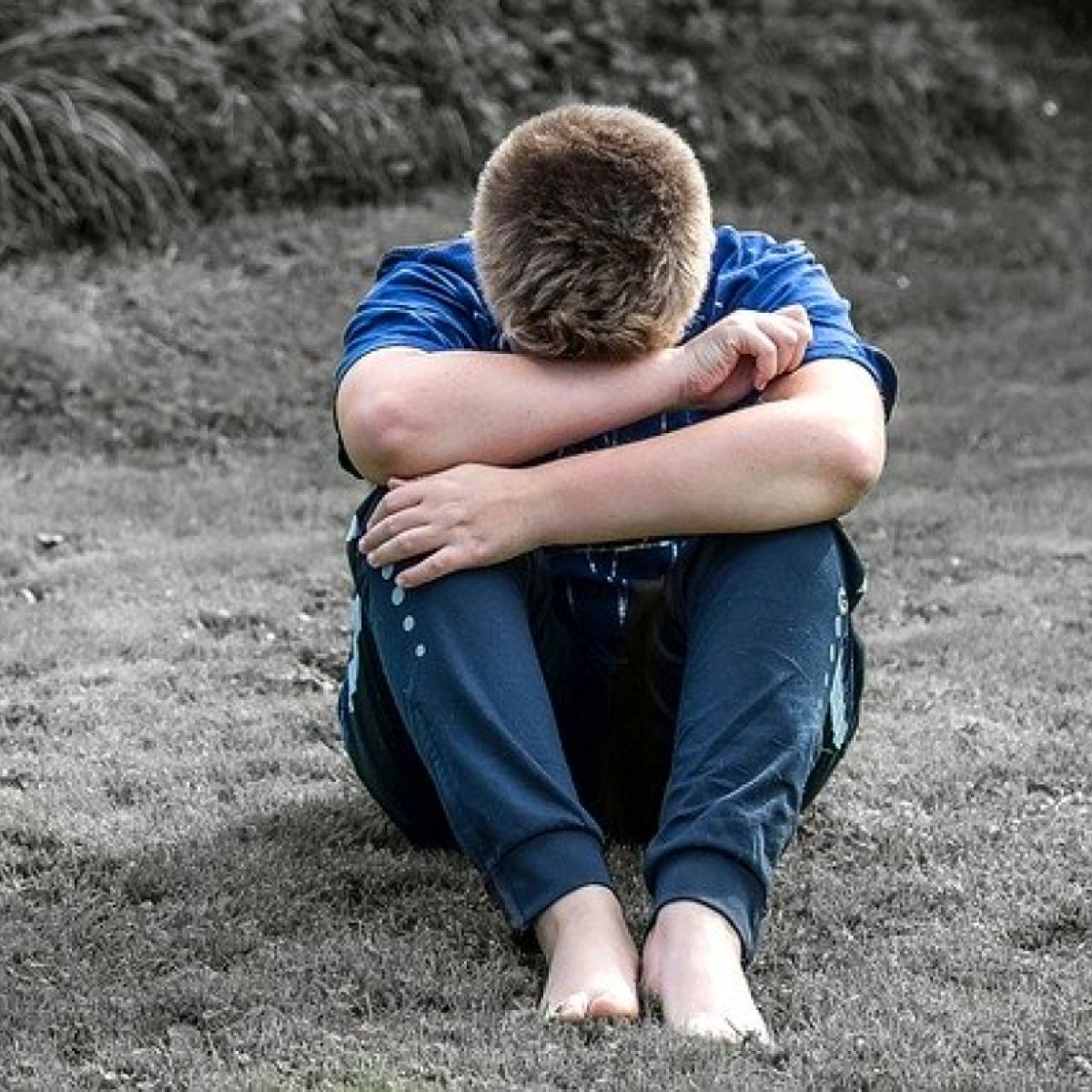Introduction
Clinical depression, also known as major depressive disorder (MDD), is a common and serious medical illness that negatively affects how you feel, the way you think and how you act. It can lead to a variety of emotional and physical problems and can decrease a person’s ability to function at work and at home.

Clinical depression is not a sign of weakness, nor is it something that you can simply "snap out" of. It requires long-term treatment, but the good news is that most people with depression feel better with medication, psychotherapy or both.
Recognizing the Symptoms of Clinical Depression
Clinical depression can manifest in a variety of ways, and symptoms can vary from person to person. However, common signs and symptoms of clinical depression include:
Emotional and Cognitive Symptoms:
- Persistent sadness: Feeling down, hopeless, or empty most of the day, nearly every day.
- Loss of interest: Diminished pleasure or interest in activities you once enjoyed, including hobbies, social events, and sex.
- Fatigue: Feeling tired, sluggish, and lacking energy, even after getting enough sleep.
- Difficulty concentrating: Problems with focus, memory, and decision-making.
- Feelings of worthlessness or guilt: Excessive or inappropriate guilt, self-blame, and feelings of worthlessness.
- Thoughts of death or suicide: Recurring thoughts of death, suicidal ideation, or suicide attempts.
Physical Symptoms:
- Changes in appetite and weight: Significant weight loss or gain, or changes in eating habits.
- Sleep disturbances: Insomnia (difficulty sleeping), or hypersomnia (sleeping too much).
- Psychomotor agitation or retardation: Restlessness, fidgeting, or slowed movements and speech.
- Unexplained aches and pains: Headaches, muscle aches, digestive problems, and other physical discomforts.
When to Seek Help:
It's crucial to seek professional help if you experience any of the symptoms mentioned above for two weeks or more. A healthcare provider or mental health professional can diagnose clinical depression and recommend appropriate treatment options.

.jpg)